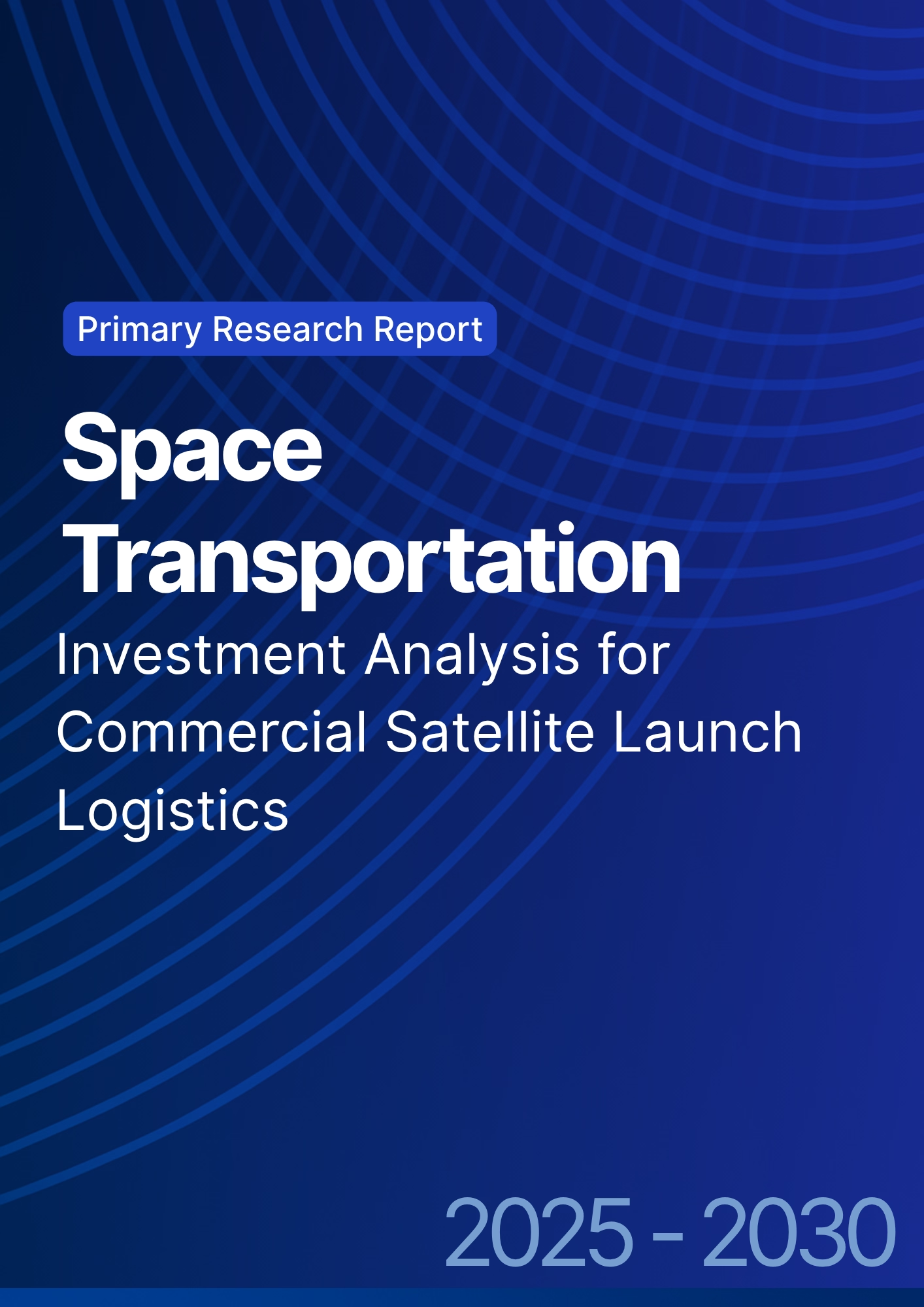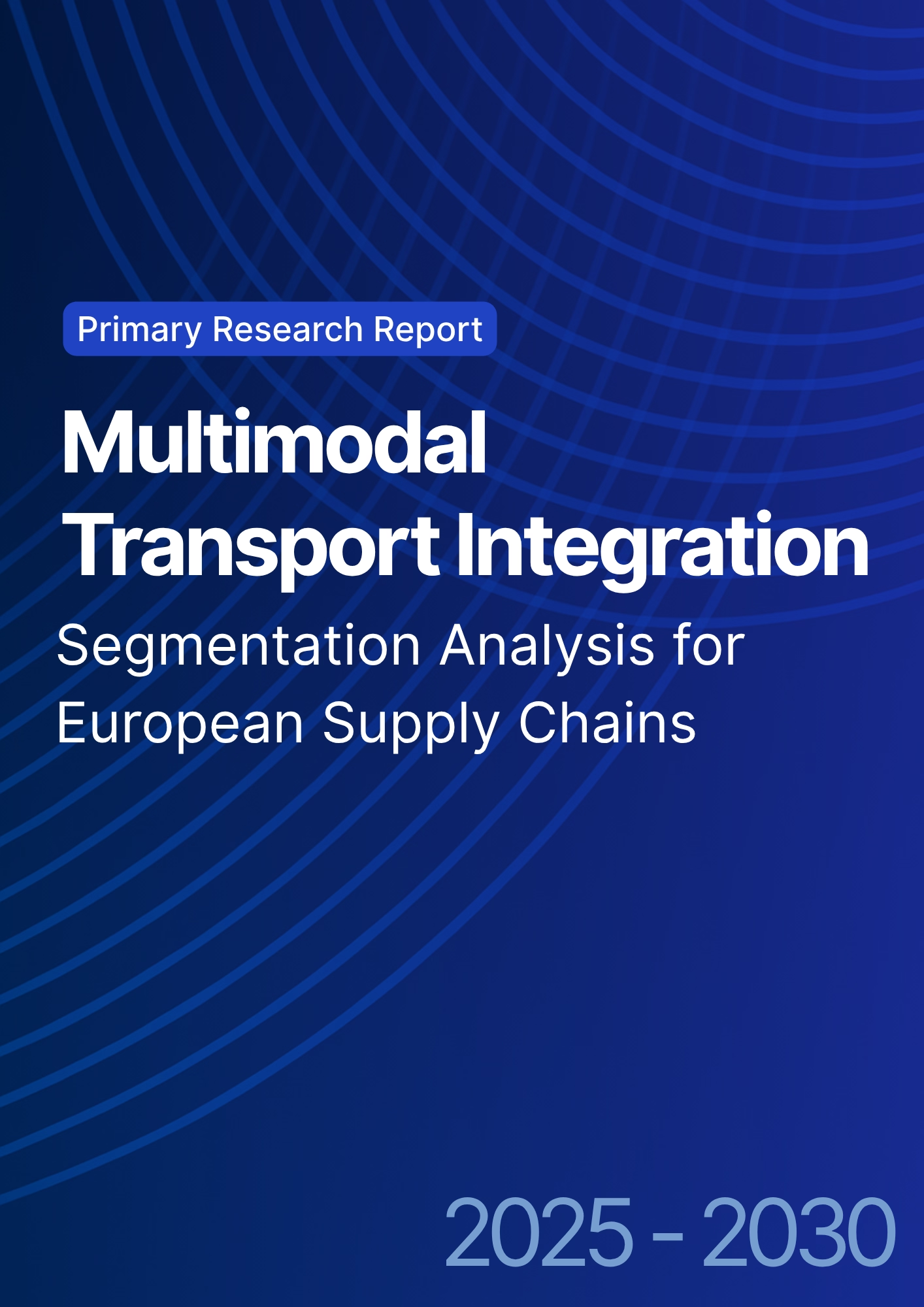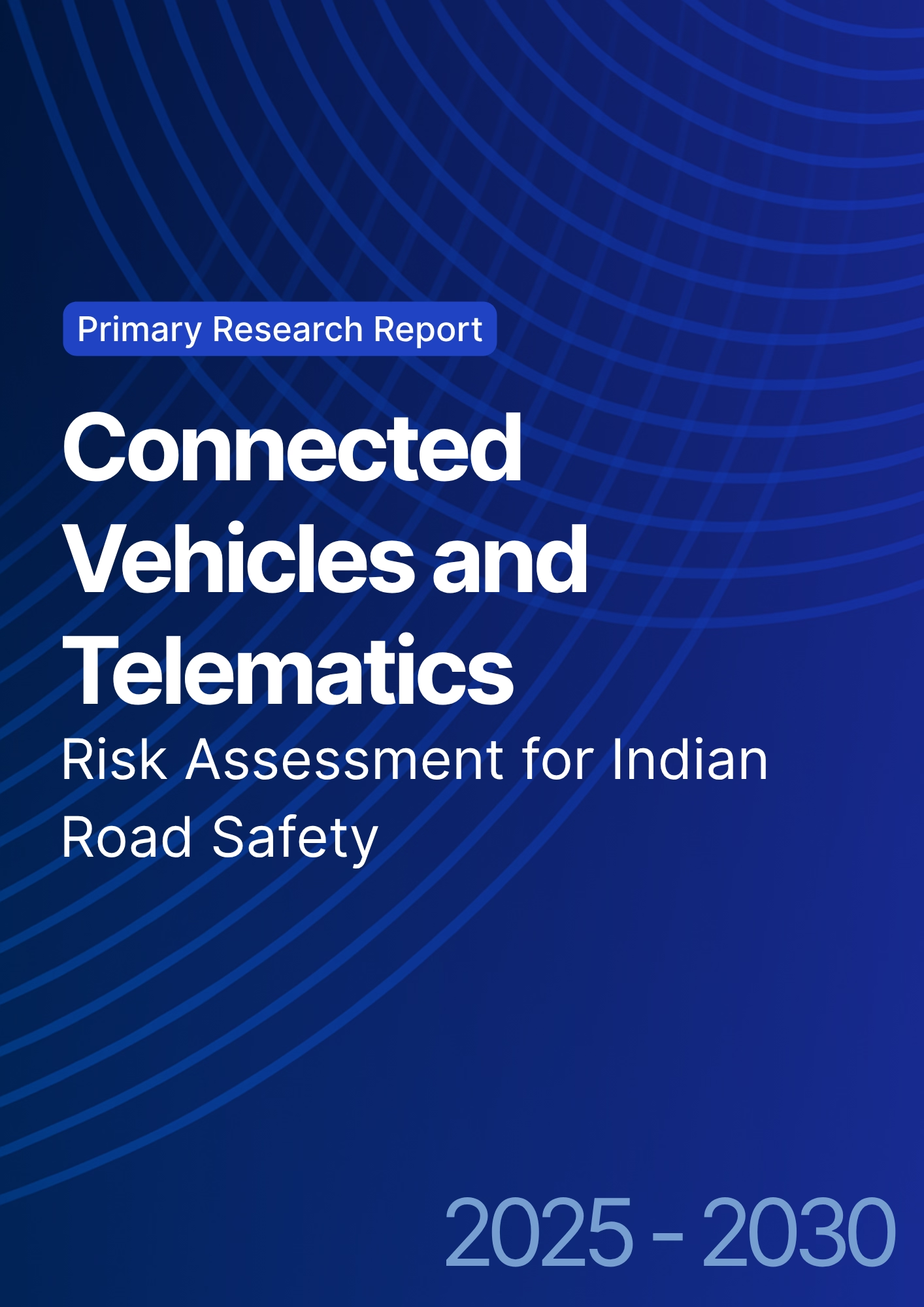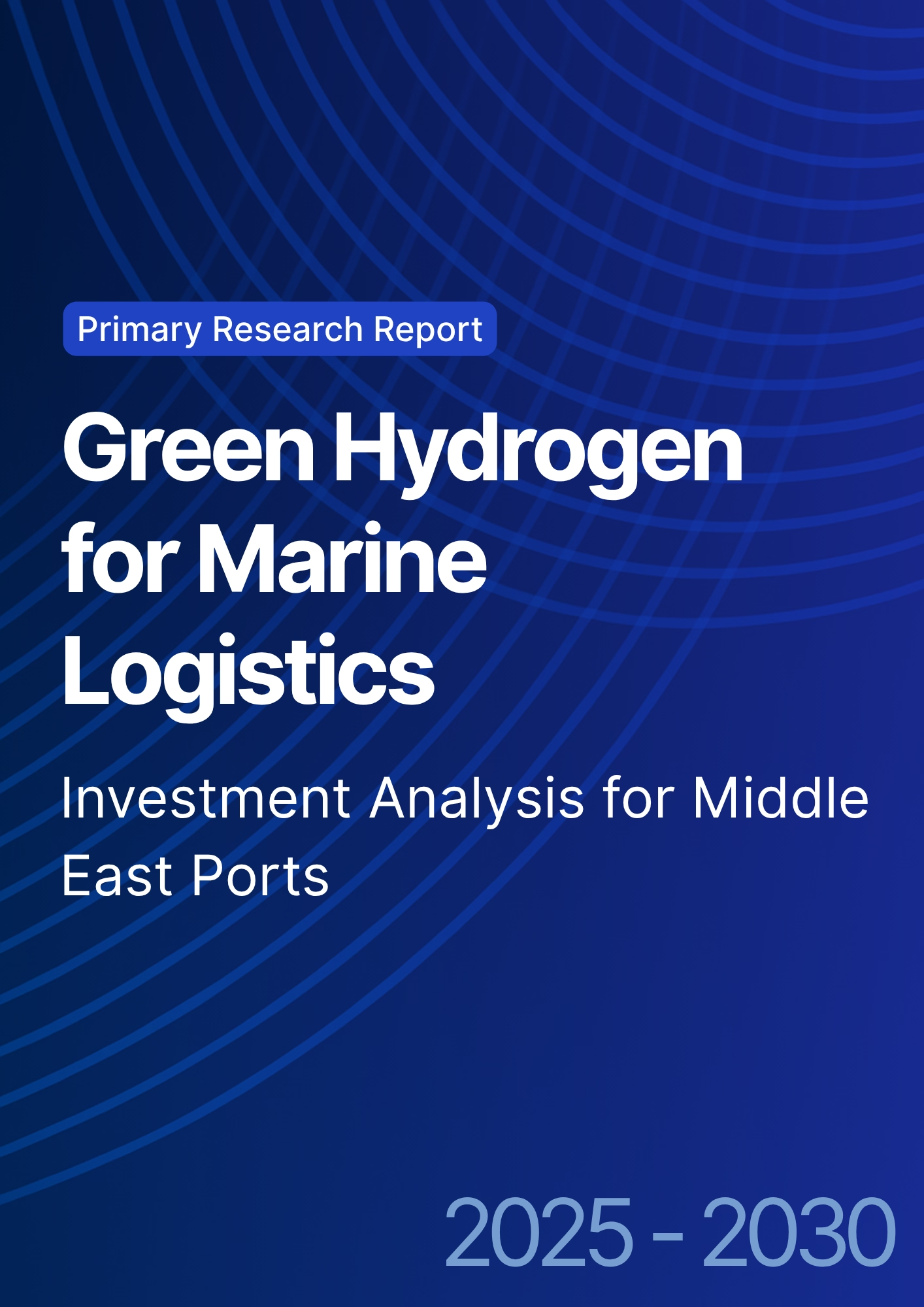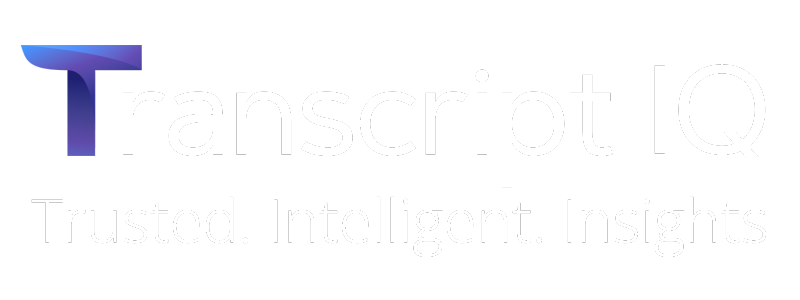

68 Circular Road, #02-01 049422, Singapore
Revenue Tower, Scbd, Jakarta 12190, Indonesia
4th Floor, Pinnacle Business Park, Andheri East, Mumbai, 400093
Cinnabar Hills, Embassy Golf Links Business Park, Bengaluru, Karnataka 560071
Connect With Us
Smart Border Management: Technological Advancements in Cross-Border Freight for the Middle East
The smart border management market in the Middle East and Africa is projected to grow from $3.8B in 2025 to $10.7B by 2030 (CAGR 22.8%), driven by advanced AI systems, automated customs, and IoT-enabled tracking for cross-border freight. The UAE leads with $2.5B investments in automated inspection systems and AI-powered risk assessment tools at key ports and border checkpoints. By 2030, 85% of freight traffic in the Middle East will be processed using smart border systems, reducing border crossing times by 40% and increasing trade volume.
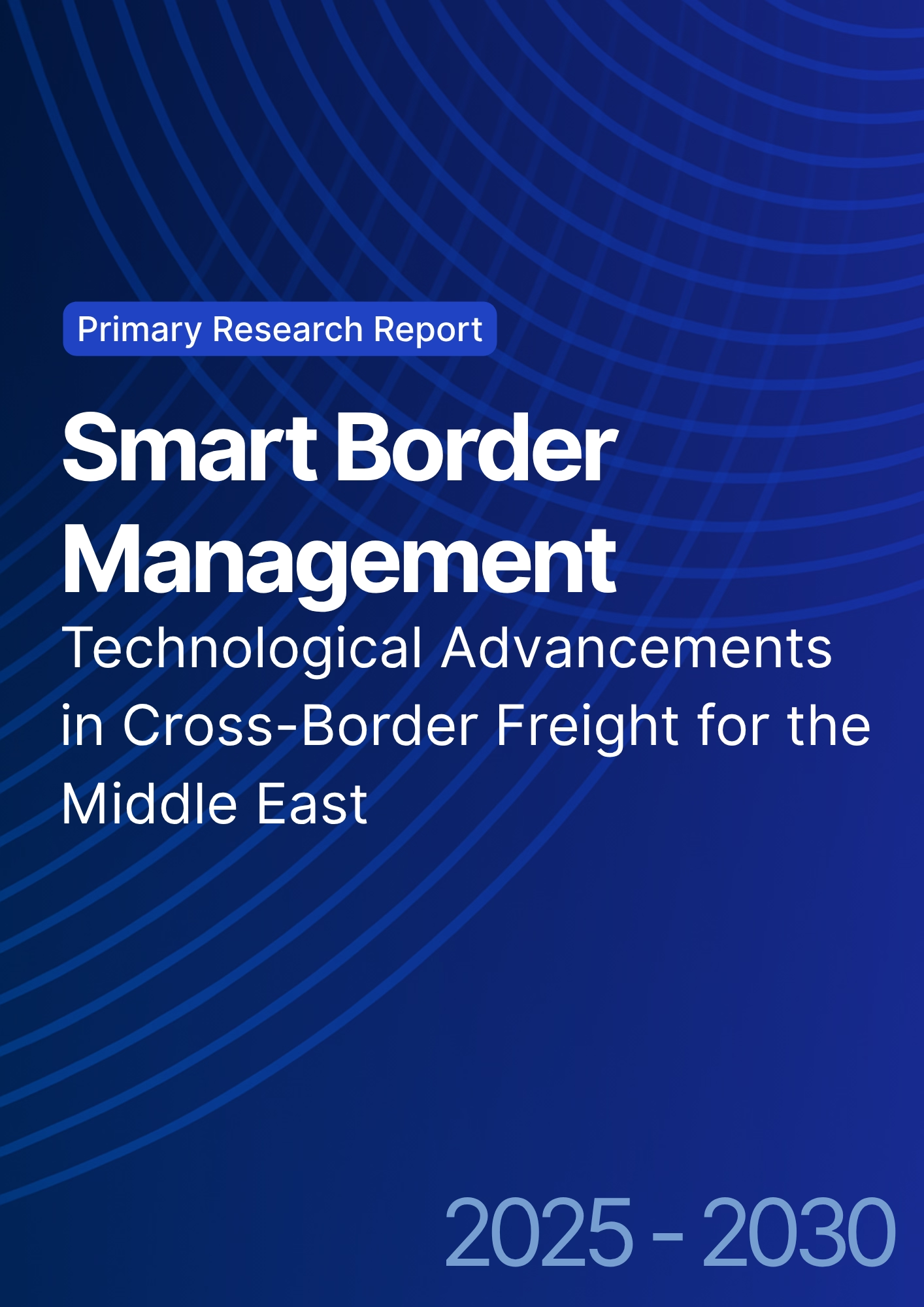
What's Covered?
Report Summary
Key Takeaways
- Market size: $3.8B → $10.7B (CAGR 22.8%).
- 85% of freight traffic to be processed via smart border systems by 2030.
- Border crossing time reduced by 40% with AI and automation.
- $2.5B investment in UAE smart border technologies by 2030.
- IoT-based tracking to improve freight monitoring and customs compliance.
- AI-powered risk management enhances trade security and efficiency.
- Cross-border digital platforms to increase trade volume by 30%.
- Automation in customs clearance reduces processing time by 35%.
- $4B in regional public-private investments for border infrastructure.
- Regulatory harmonization to simplify cross-border trade in the Middle East.
Key Metrics
Market Size & Share
The smart border management market in UAE and the broader Middle East and Africa region will expand from $3.8B in 2025 to $10.7B by 2030, achieving a CAGR of 22.8%. UAE leads the charge, investing $2.5B in AI-driven risk assessment systems and automated customs inspection. By 2030, 85% of freight traffic passing through UAE ports will be processed using smart border systems, which will reduce transit times by 40% and increase the volume of cross-border trade by 30%. IoT-enabled freight tracking will ensure real-time visibility of goods and reduce compliance errors across borders. AI-powered customs clearance will help businesses save time and reduce costs, accelerating cross-border movement by 35%. By 2030, the region’s cross-border trade will be supported by a $4B investment in border infrastructure and regulatory alignment initiatives, further enhancing the seamless movement of goods.
Market Analysis
The Middle East is rapidly adopting smart border technologies to facilitate faster, secure cross-border freight movement. The UAE, with its extensive port infrastructure, is spearheading this transformation, investing $2.5B in digital customs systems. The AI and IoT integration will optimize customs clearance, cutting processing times by 35%. The introduction of automated risk assessment and intelligent cargo tracking systems will boost customs compliance and trade security across Middle Eastern borders. Regional cross-border platforms like Dubai’s Customs 2.0 and Saudi’s SMART Customs Initiative are transforming cargo flow management. Public-private investments in this sector are growing, with $4B allocated for border infrastructure upgrades over the next five years. Additionally, regulatory harmonization efforts under GCC digital trade frameworks will enable seamless operations across borders, facilitating an increase in trade volume and boosting economic integration. By 2030, smart border systems will have streamlined 30% more trade while cutting CO₂ emissions associated with customs inspections and truck transit.
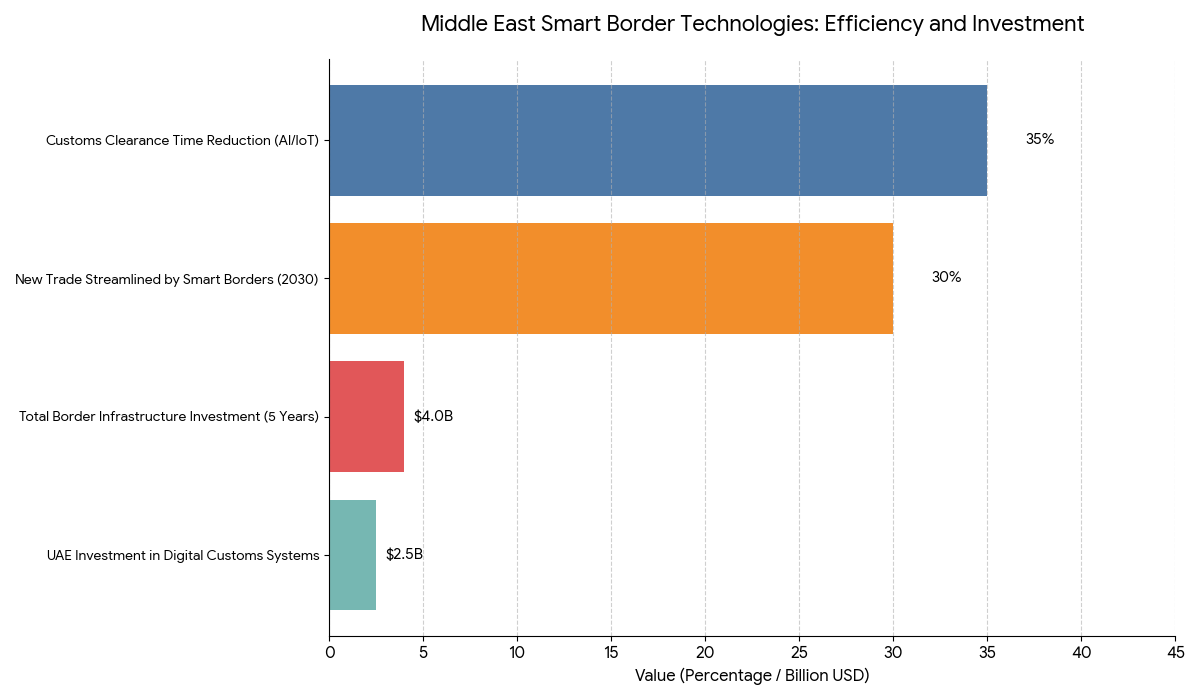
Trends & Insights
- AI Risk Management: Improves trade security and reduces transaction costs.
- IoT Tracking Adoption: 70% of shipments will utilize real-time cargo visibility by 2030.
- Automated Customs Systems: Reduce processing time by 35%, improving trade flow.
- Cross-Border Trade Growth: 30% increase in trade volume through smart border initiatives.
- Sustainability Benefits: CO₂ emissions from border freight cut by 25%.
- Regulatory Integration: GCC’s regulatory harmonization boosts cross-border logistics.
- Public-Private Investment: $4B allocated for digital border infrastructure by 2030.
- Smart Port Technology: Real-time monitoring reduces delays by 40%.
- Blockchain Technology: Used for secure digital trade documentation in cross-border shipments.
- 5G and IoT Synergy: Enables real-time asset tracking for enhanced security and efficiency.
These trends showcase the digital transformation of borders and its positive impact on the region's logistics efficiency, trade volume, and environmental sustainability.
Segment Analysis
The smart border management market is divided into customs automation (45%), AI-powered risk management (25%), IoT and real-time tracking (20%), and regulatory compliance platforms (10%). Customs automation leads with $5.8B in investments, driven by AI algorithms that automate inspection processes. AI risk management tools are critical in identifying high-risk shipments, helping to enhance security and efficiency. IoT and real-time tracking systems will enhance cargo visibility, contributing to a 30% reduction in delays. Regulatory compliance platforms, such as UAE’s Customs 2.0, are facilitating cross-border harmonization, ensuring faster clearance and reduced operational friction. By 2030, 70% of freight traffic in the region will pass through digitally optimized borders, supported by advanced AI, IoT, and blockchain technologies.
Geography Analysis
UAE leads the region with 45% market share in smart border management, focusing on AI-driven customs systems, IoT-enabled tracking, and automated inspection. Saudi Arabia follows closely with 30% market share, investing in smart port technologies and cross-border compliance platforms to facilitate efficient cargo flow across its borders. Qatar and Kuwait are also investing in digital border infrastructure to improve freight movement efficiency. By 2030, 85% of cargo passing through the Gulf Cooperation Council (GCC) ports will be processed using smart border systems, improving the region’s trade speed and operational sustainability.
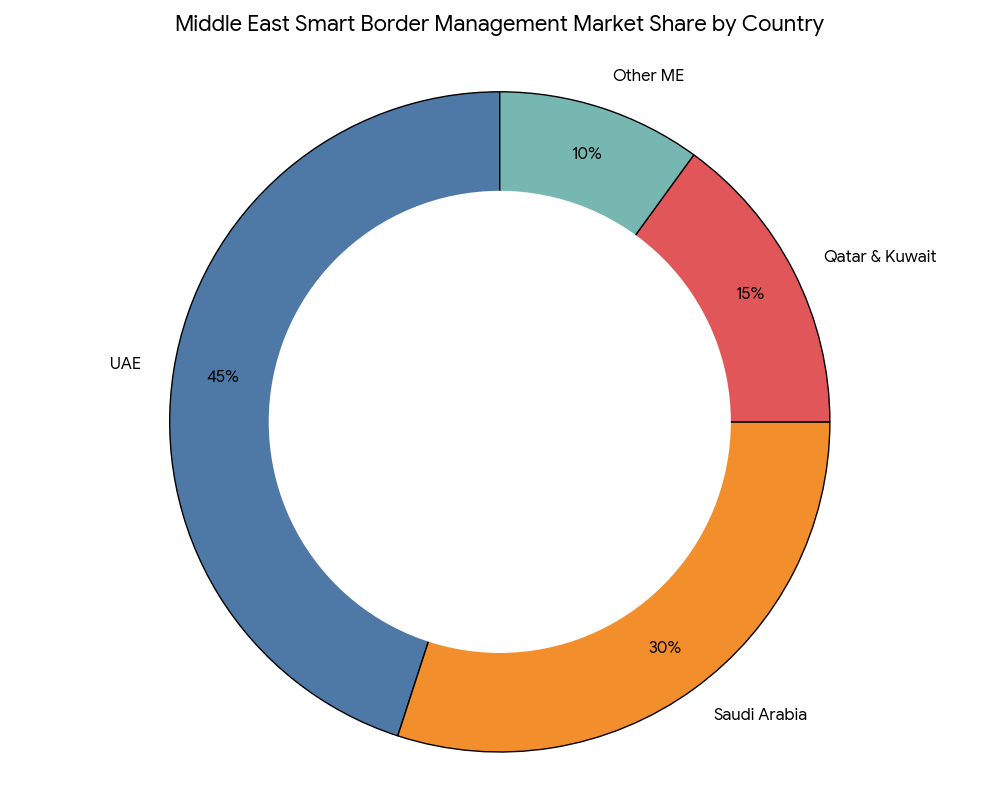
Competitive Landscape
Key players in the smart border management market include Siemens Mobility, Wabtec, Honeywell, and GE Transportation, controlling 60% of the market in border and logistics technologies. Siemens leads in AI-driven risk management and customs automation, while Honeywell is at the forefront of IoT-enabled cargo tracking. Wabtec and GE Transportation specialize in integrating blockchain and real-time monitoring systems into smart border operations. Tech firms like Huawei and Cisco are partnering with regional governments to deploy 5G-enabled platforms, ensuring fast data transfer for secure customs clearance. The private sector’s role in advancing smart border solutions is crucial to achieving seamless trade flows, economic growth, and sustainability in the region’s logistics networks.
Report Details
Proceed To Buy
Want a More Customized Experience?
- Request a Customized Transcript: Submit your own questions or specify changes. We’ll conduct a new call with the industry expert, covering both the original and your additional questions. You’ll receive an updated report for a small fee over the standard price.
- Request a Direct Call with the Expert: If you prefer a live conversation, we can facilitate a call between you and the expert. After the call, you’ll get the full recording, a verbatim transcript, and continued platform access to query the content and more.


68 Circular Road, #02-01 049422, Singapore
Revenue Tower, Scbd, Jakarta 12190, Indonesia
4th Floor, Pinnacle Business Park, Andheri East, Mumbai, 400093
Cinnabar Hills, Embassy Golf Links Business Park, Bengaluru, Karnataka 560071
Request Custom Transcript
Related Transcripts


68 Circular Road, #02-01 049422, Singapore
Revenue Tower, Scbd, Jakarta 12190, Indonesia
4th Floor, Pinnacle Business Park, Andheri East, Mumbai, 400093
Cinnabar Hills, Embassy Golf Links Business Park, Bengaluru, Karnataka 560071





